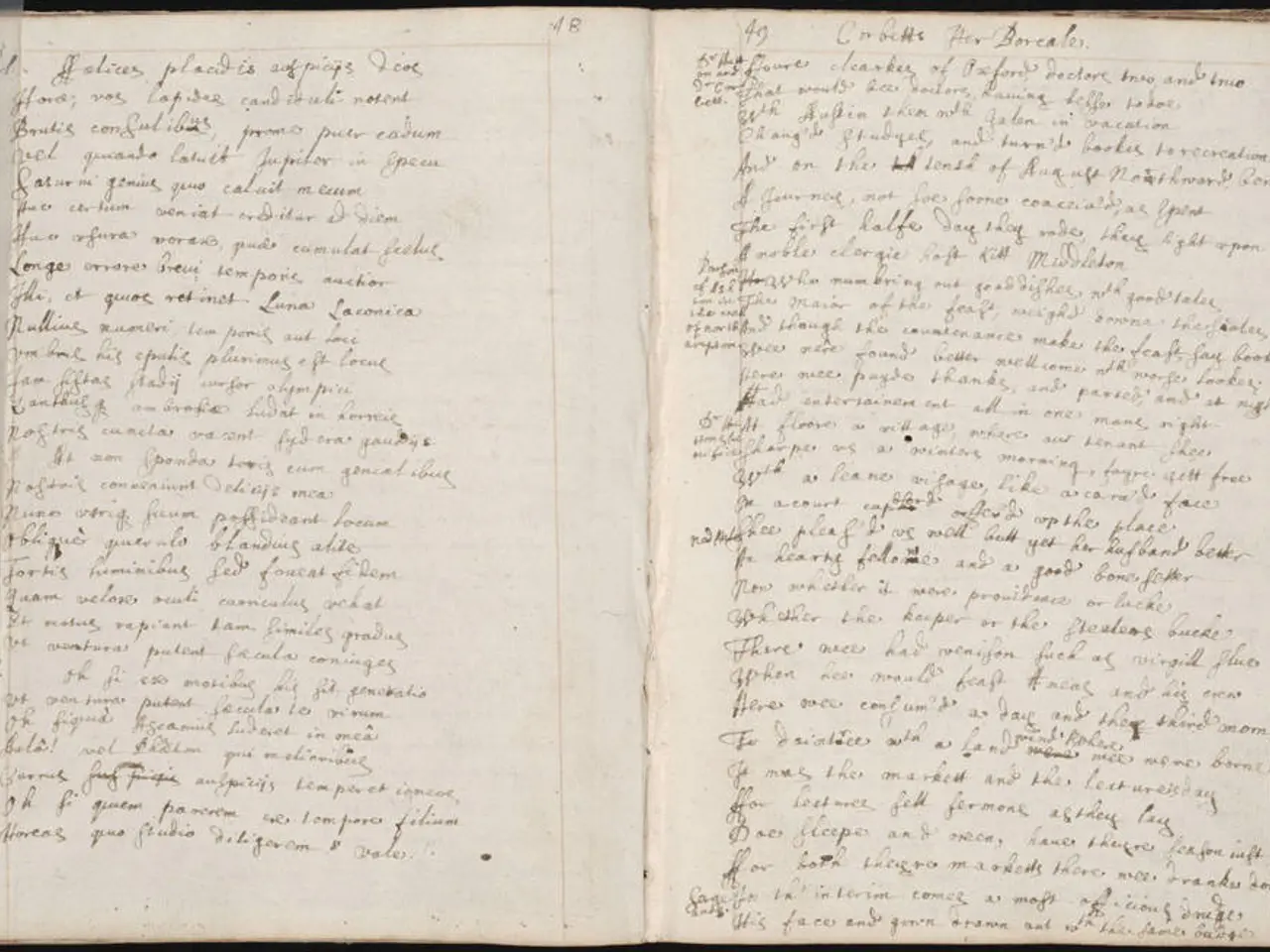Online gaming sector in the Philippines issues alarm over potential job losses of approximately 50,000 workers if a complete ban is enforced.
In the bustling archipelago of the Philippines, the online gambling sector has been a significant contributor to employment and economic growth. Regulated by the Philippine Amusement and Gaming Corporation (PAGCOR), the industry has seen remarkable expansion, particularly during the COVID-19 pandemic.
However, a potential total ban on online gambling could have far-reaching implications, particularly on employment and the black market. A recent report by local media outlet, the Philippine Star, suggests that such a ban could result in the loss of over 50,000 jobs, affecting both foreign and local workers.
The eGames sector supports a wide array of jobs, ranging from IT and customer service to compliance, game development, and marketing. With the sector's growth, PAGCOR reported record revenues in 2024, indicating a thriving industry.
If a ban were to be imposed, the job losses would be significant, particularly among those directly employed in online gambling firms, support services, and related sectors. The livelihood of many Filipinos working in the industry, as well as peripheral businesses and communities dependent on this sector, would be negatively impacted.
Beyond employment, a ban could also fuel the growth of the black market. Historically, prohibition often leads to an increase in illegal gambling activities as demand persists. The Philippines already has illegal gambling sectors governed by separate laws, such as Republic Act No. 9287 targeting illegal number games.
A ban on online gambling might push operators and bettors underground, creating a black market that is harder to regulate, tax, and control. This could exacerbate issues like money laundering, criminality, and exploitation, challenging government law enforcement efforts.
The cultural and economic embedding of gambling in the Philippines adds complexity to policy decisions. On one hand, gambling is deeply embedded in the country's socio-cultural fabric, contributing to wealth redistribution within communities. On the other hand, concerns about moral and social impacts have been voiced by both the government and Catholic groups.
Balancing these concerns against the economic reliance and potential unintended consequences, such as the growth of illegal gambling, is a delicate task for policymakers. The potential job losses and the growth of the black market underscore the need for careful consideration before any decision is made.
This article was written by Ben Blaschke for Inside Asian Gaming, providing insights into the regulation of the online gambling industry in the Philippines and the potential job loss due to a hypothetical ban.
[1] Republic Act No. 9287 (Anti-Illegal Gambling Act of 2001) [2] Philippine Star, "POGO crackdown affects over 11,000 foreign workers," 2021. [3] Inside Asian Gaming, "Philippine online gambling sector posts record revenues," 2024.
- The potential ban on online gambling, as suggested in the Philippine Star report, could lead to a substantial loss of jobs in casino-and-gambling, including those involved in casino-games, sports, and sports-betting, estimated to be over 50,000 jobs.
- If online gambling were to be banned, the ensuing black market could pose challenges such as money laundering, criminality, and exploitation, as demand persists and operators and bettors resort to illegal activities, as seen in the illegal gambling sectors governed by Republic Act No. 9287.




